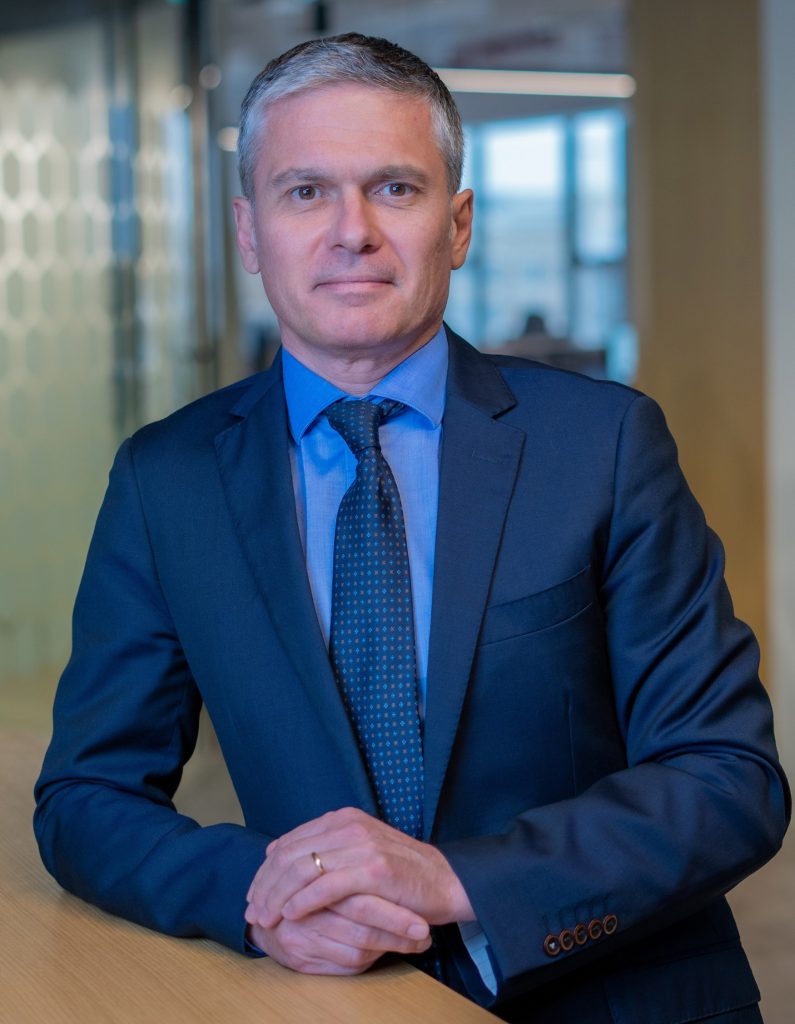Marking two decades of operations in MENA, Enova, the regional leader in integrated energy and multi-technical services, is reporting that it has enabled total energy cost savings of more than AED340 million and a total CO2 reduction of more than 430,000 tons for clients since its establishment as a partnership between Majid Al Futtaim and Veolia in 2002.
With four ESCO (energy service company) accreditations in the region, Enova delivers comprehensive and performance-based energy and facilities management solutions to the Middle East’s largest international airports, healthcare facilities, hotels and resorts, and shopping malls, as well as metros and trams.
According to CEO Renaud Capris, demand for Enova’s services will continue to grow as organizations in MENA prioritize energy-efficient solutions. “As we enter our 20th anniversary year, the region is more focused on sustainability than ever before, and there is tremendous demand for energy efficiency enabled through technology and digitalization. Moreover, 2023 has been declared the ‘Year of Sustainability’ by the UAE and COP28 will be hosted in Dubai, marking the second consecutive year that the global event will be held in the region,” Capris says.
“In this context, Enova’s immediate priorities over the next decade will be around increasing the energy efficiency of our customers, reducing their carbon footprint, and delivering clean, renewable energy solutions, through global innovations combined with regional and industry expertise,” he adds.
Through its real-time Hubgrade monitoring dashboard, Enova’s clients receive predictive models and advanced data analysis of energy consumption, leading to opportunities to reduce further resource usage and meet their sustainability objectives.
By integrating energy performance with facilities management solutions, Enova enables organizations in both the public and private sectors to focus on their own operations and core competencies.
Growth drivers
Supporting regional organizations with net-zero and sustainability strategy goals, Capris anticipates sizable growth opportunities in 2023 from the transportation, healthcare, hospitality, and industry sectors, with a considerable pipeline of energy performance demand coming from the region’s private sector.
“Solar Photovoltaic technologies are among Enova’s growth drivers for 2023 and beyond,” Capris continued. “In parallel, energy-efficient solutions are increasingly enabling regional organizations to optimize their costs, while equally reassuring their own customers of a measurable and sustainable approach to reduce usage for electricity and water.”
Attracting, developing, and retaining talent in energy performance is a key goal for Enova, which employs more than 5,000 professionals across the MENA region, with a focus on nationalization in markets such as the Kingdom of Saudi Arabia and the UAE.
Increased market regulation and a regional focus on digital transformation are among the major trends that will drive Enova’s continued expansion in the next 10 years. “Companies are increasingly adopting their country’s focus on measurable sustainability goals, and at the same time, building and system automation are becoming more prevalent, with AI and other innovations delivering greater insight and digitalized improvements,” Capris concluded.




